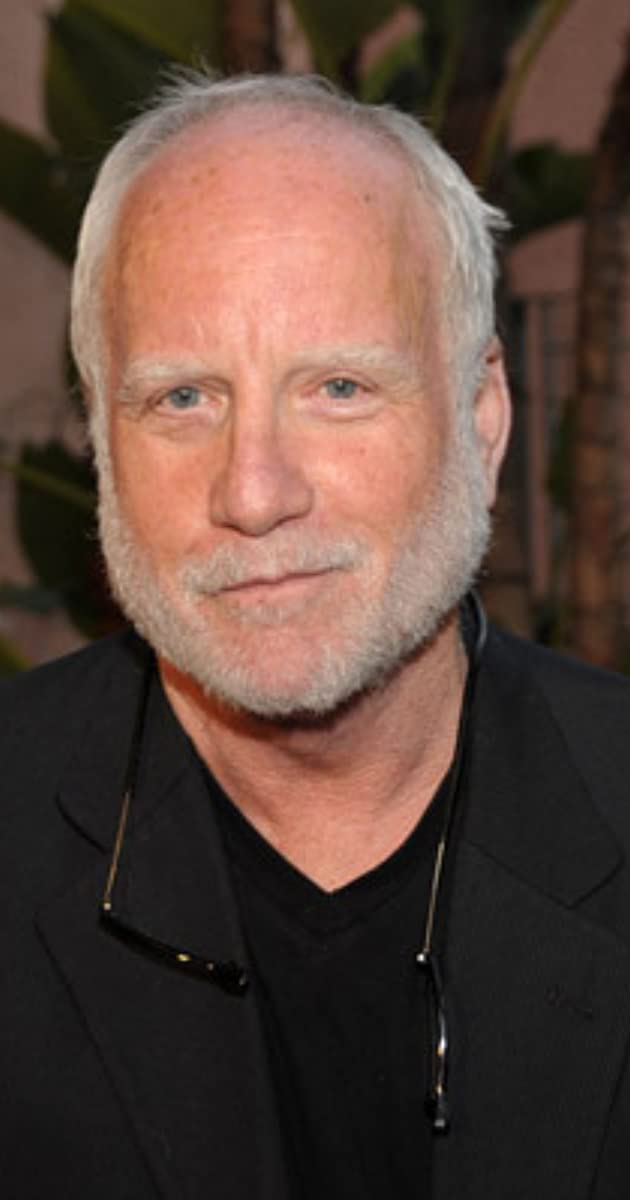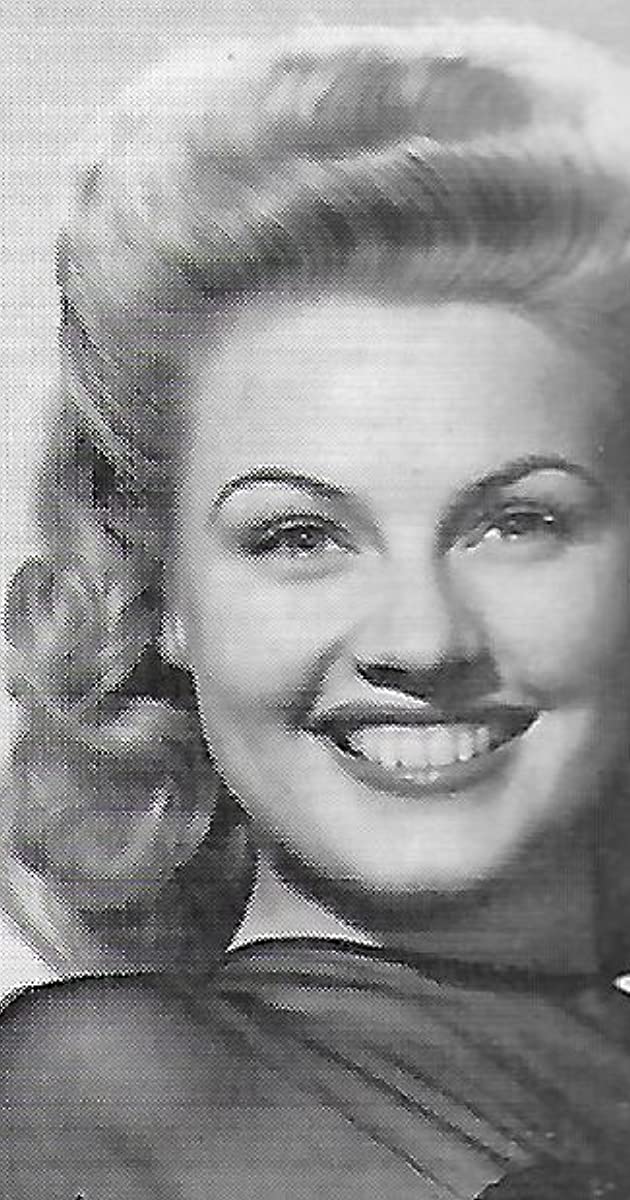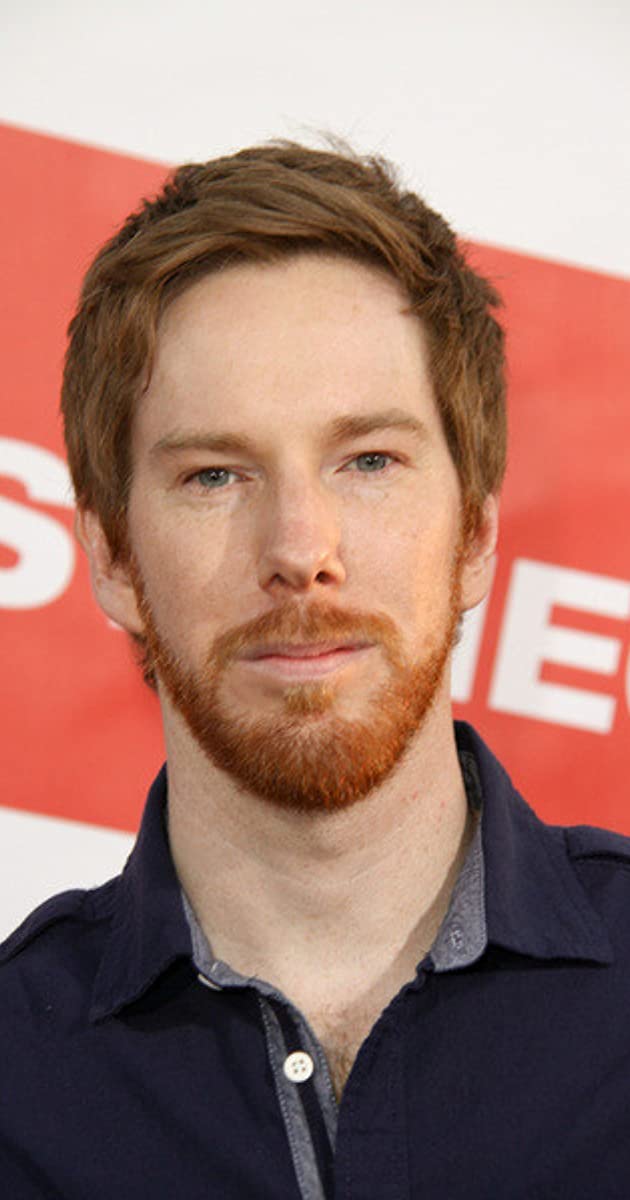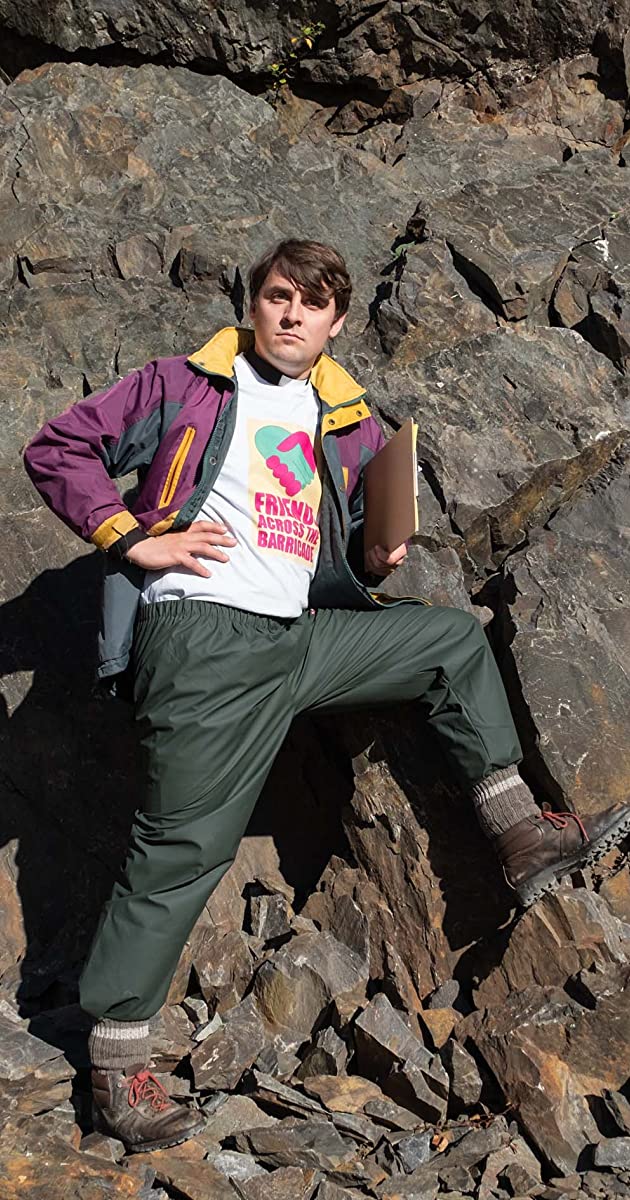
Richard Dreyfuss is an American leading man, who has played his fair share of irritating pests and brash, ambitious hustlers.
He was born Richard Stephen Dreyfus in Brooklyn, New York, to Geraldine (Robbins), an activist, and Norman Dreyfus, a restaurateur and attorney. His paternal grandparents were Austro-Hungarian Jewish immigrants, and his mother’s family was Russian Jewish.
Richard worked his way up through bit parts (The Graduate (1967), for one) and TV before gaining attention with his portrayal of Baby Face Nelson in John Milius’ Dillinger (1973). He gained prominence as a college-bound young man in American Graffiti (1973) and as a nervy Jewish kid with high hopes in The Apprenticeship of Duddy Kravitz (1974). By the latter part of the 1970s Dreyfuss was established as a major star, playing leads (and alter-egos) for Steven Spielberg in two of the top-grossing films of the that decade: Jaws (1975) and Close Encounters of the Third Kind (1977). He won a Best Actor Oscar in his first romantic lead as an out-of-work actor in The Goodbye Girl (1977). Dreyfuss also produced and starred in the entertaining private eye movie The Big Fix (1978). After a brief lull in the early 1980s, a well-publicized drug problem and a string of box-office disappointments (The Competition (1980), Whose Life Is It Anyway? (1981), The Buddy System (1984)), a clean and sober Dreyfuss re-established himself in the mid-’80s as one of Hollywood’s more engaging leads. He co-starred with Bette Midler and Nick Nolte in Paul Mazursky’s popular Down and Out in Beverly Hills (1986). That same year he provided the narration and appeared in the opening and closing “bookends” of Rob Reiner’s nostalgic Stand by Me (1986). He quickly followed that with Nuts (1987) opposite Barbra Streisand, Barry Levinson’s Tin Men (1987) in a memorable teaming with Danny DeVito and Stakeout (1987) with Emilio Estevez. Dreyfuss continued working steadily through the end of the 1980s and into the 1990s, most notably in Mazursky’s farce Moon Over Parador (1988), Spielberg’s Always (1989), Postcards from the Edge (1990) and Rosencrantz & Guildenstern Are Dead (1990). He appeared as a member of an ensemble that included Holly Hunter, Gena Rowlands and Danny Aiello in the romantic comedy Once Around (1991) and as a pop psychiatrist, the author of several successful self-help books, who is driven to the edge by nutcase Bill Murray in the popular comedy What About Bob? (1991). Dreyfuss has also remained active in the theater (“Death and Maiden”, 1992) and on TV. He returned to features in the adaptation of Neil Simon’s play Lost in Yonkers (1993) and followed with a supporting turn as the querulous political opponent in The American President (1995). Dreyfuss received some of the best notices of his career as a determined, inspiring music teacher coping with a deaf son and the demands of his career in Mr. Holland’s Opus (1995).


